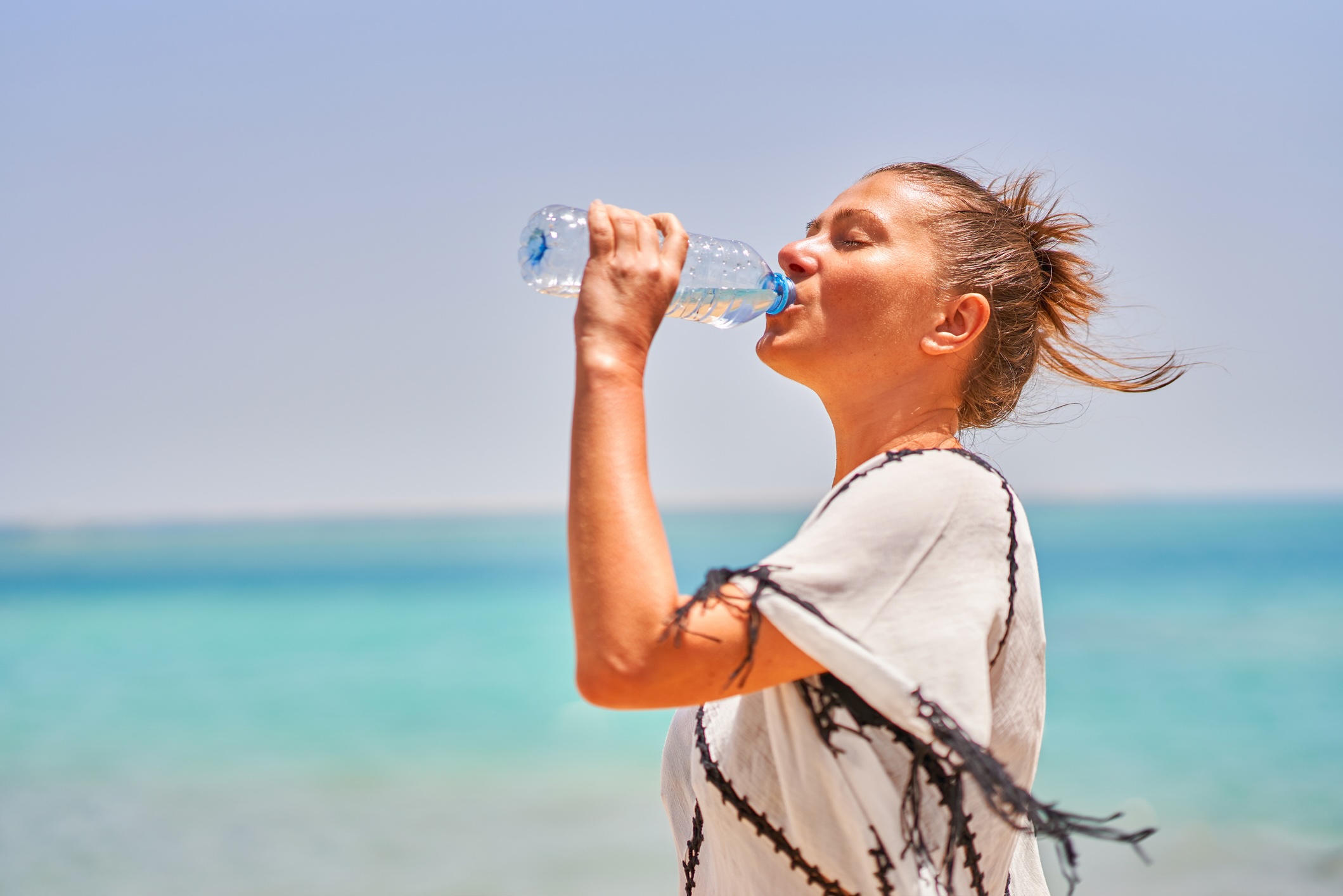Greek summers are famous for their endless sunshine, deep blue skies, and warm island breezes. But sometimes, the heat turns from beautiful to brutal, especially during July and August when temperatures can soar past 40°C (104°F).
If you’re planning a trip to Greece during a heatwave, don’t panic—just prepare. These survival tips will help you stay cool, safe, and comfortable, so you can enjoy your vacation without feeling drained by the heat.
Plan Your Day Around the Sun
The sun in Greece is strongest between 11:00 AM and 4:00 PM. During a heatwave, this window becomes even more intense.
Smart tips:
-
Do your exploring early in the morning or after 5 PM.
-
Spend midday hours indoors, in shaded cafés, or taking a siesta, Greek-style.
-
Don’t hike or bike under the midday sun—it’s not worth the risk.
💡 Museums, monasteries, and air-conditioned shops are perfect heatwave escapes.
Protect Your Skin (and Eyes!)
Even without a heatwave, UV levels in Greece are high. Add intense temperatures, and sunburn becomes a serious threat.
Your essentials:
-
SPF 30+ sunscreen, reapplied every 2 hours.
-
Sunglasses with UV protection.
-
A wide-brimmed hat or light scarf to shield your face and neck.
💡 Sunburn increases your risk of dehydration and heatstroke—don’t underestimate it.
Hydrate Like a Local
Greeks always have a bottle of water within reach, and you should too.
Stay hydrated:
-
Drink water regularly, even if you’re not thirsty.
-
Avoid too much coffee or alcohol—they dehydrate you faster.
-
Add a pinch of salt or a slice of lemon to replenish electrolytes naturally.
💡 Frozen fruits like grapes or watermelon slices are refreshing and hydrating snacks.
Dress for the Heat
What you wear makes a big difference.
Choose:
-
Loose, light-colored clothing made from breathable fabrics like cotton or linen.
-
Open sandals or lightweight shoes—feet swell in the heat.
-
A cool, damp cloth on your neck or wrists can help regulate your body temperature.
💡 Avoid synthetic fabrics, dark colors, and tight clothing.
Cool Down Smart
Many Greek accommodations have air conditioning, but not all. Here’s how to stay cool inside:
-
Close shutters during the day to block direct sun.
-
Open windows at night for cross-breezes.
-
Use a fan or place a bowl of ice in front of one to simulate air conditioning.
💡 Wet a towel and drape it over your body before bed—it’s an old but gold trick.
Know the Signs of Heat Exhaustion
It’s important to recognize the early symptoms of heat exhaustion or heatstroke:
-
Dizziness or lightheadedness
-
Excessive sweating followed by sudden dryness
-
Muscle cramps, nausea, or rapid heartbeat
-
Headache or disorientation
If this happens:
-
Move to shade or an air-conditioned space.
-
Drink water slowly.
-
Seek medical help if symptoms worsen.
💡 In Greece, call 166 for emergency medical services.
Stay Cool & Travel Smart
Heatwaves don’t have to ruin your Greek adventure—they just require a shift in rhythm. Take it slow, stay cool, and listen to your body. There’s no prize for sightseeing under a scorching sun—but plenty of joy in sunset strolls, shaded lunches, and cool evening swims.
Remember, summer in Greece is not a sprint—it’s a slow dance with sunshine.










